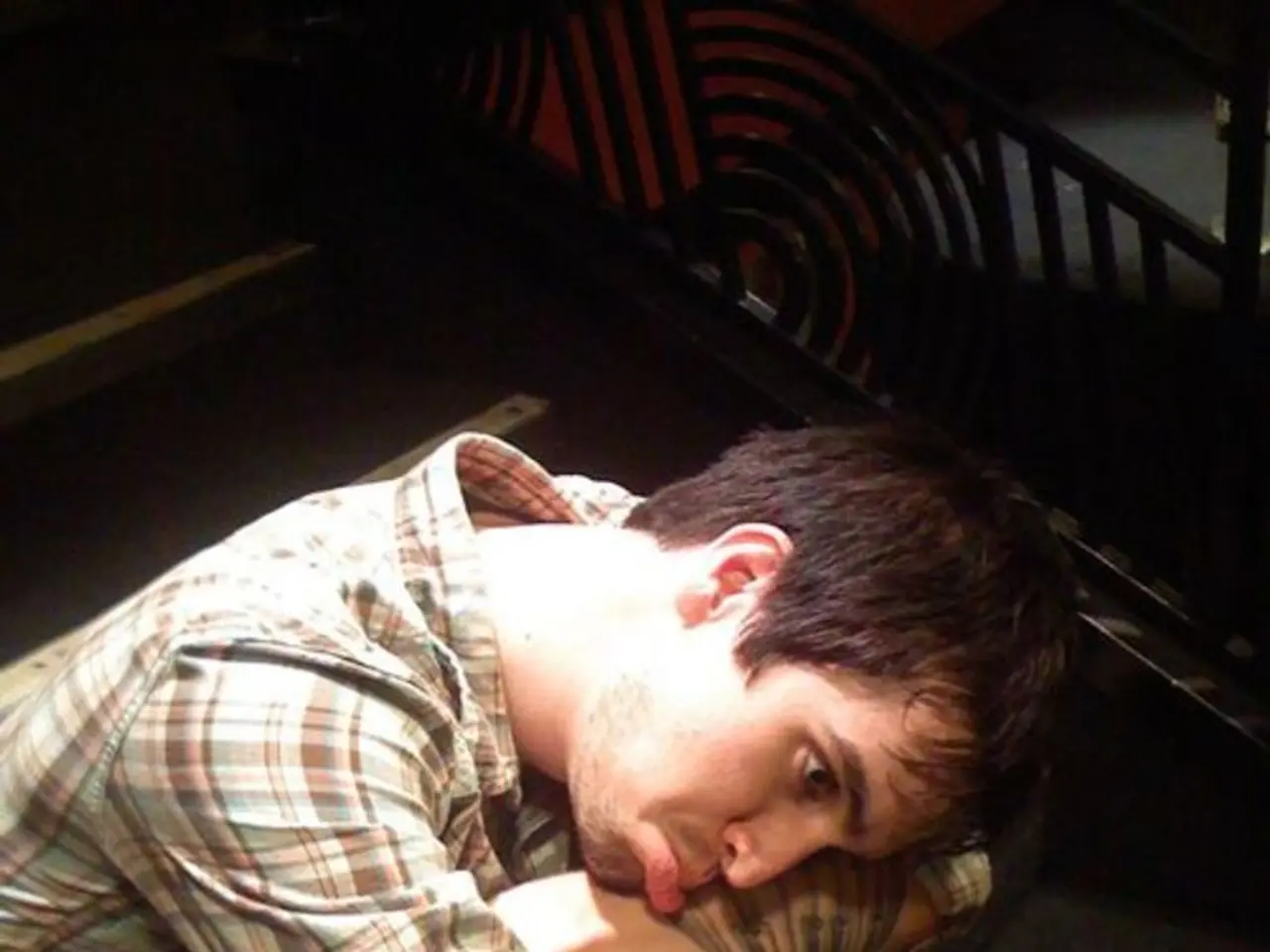Connection between Depression and Epilepsy: An Examination
Depression in People with Epilepsy: A Growing Concern
A significant number of individuals living with epilepsy also face the challenge of depression, according to numerous studies. A 2016 study found that people with epilepsy are 4-5 times more likely to experience depressive episodes compared to healthy populations [1].
This strong relationship between depression and epilepsy is thought to be caused by shared neurological and biochemical mechanisms. Alterations in neurotransmitter systems, dysfunction of the hypothalamic–pituitary–adrenal axis, neurogenic inflammation, and brain connectivity changes are some of the factors that predispose both seizures and depressive symptoms [1].
Risk Factors and Symptoms
Some common risk factors for depression in epilepsy include drug-resistant epilepsy (DRE), temporal lobe epilepsy, poor seizure control, adverse effects or poor adherence to antiepileptic drugs, cognitive impairment, anxiety comorbidity, social stigma, low self-esteem, and emotional distress from the chronic condition [1][3][4].
Clinically, depression affects up to 50% of patients with epilepsy, particularly those with DRE or temporal lobe epilepsy [1]. The incidence of depression is about twice as high in people with epilepsy compared to the general population [1]. Depression can affect anywhere from 11-62% of people with epilepsy [2].
Treatments and Management
Effective recognition and management of depression in epilepsy are crucial because depression is linked to poorer seizure control, lower treatment adherence, increased adverse effects, higher morbidity, mortality, and suicide risk [1][5].
Treatments for depression in epilepsy involve routine screening with validated tools such as the Neurological Disorders Depression Inventory for Epilepsy (NDDIE) [1]. Selective serotonin reuptake inhibitors (SSRIs) have shown significant improvement in depressive symptoms in epilepsy patients [1]. Collaborative care, including neurologists, psychiatrists, and psychologists, focusing on both seizure control and mental health support, is also beneficial [4].
Neuromodulation therapies such as vagal nerve stimulators, beneficial for both seizure reduction and mood stabilization, are another treatment option [5]. Exploration of repurposed antidepressants like fenfluramine for combined antiepileptic and mood stabilizing effects is also being researched [5].
Evidence suggests that CBT interventions can help reduce depression in people with epilepsy [1]. Hormonal imbalances caused by epileptic seizures could play a role in the high rates of depression in epilepsy, particularly in people assigned female at birth [1]. Changes in the temporal lobe due to epilepsy may increase the risk of depression, and vice versa [1].
Seeking Help
If you or someone you know is experiencing depression while living with epilepsy, it's essential to contact a healthcare provider. They can advise on suitable treatments or help a person adjust their treatment plan, if necessary [6]. It's best for a person to discuss their concerns about their current medication with their doctor.
A 2017 study found that 54% of people experienced improved symptoms of depression following an amygdalohippocampectomy [1]. However, improvements in depression after surgery for epilepsy may depend on the outcome of seizures after surgery [1].
Approximately 30% of the 3.4 million people in the United States living with epilepsy develop other mental health conditions, including depression [2]. Around 30% of people with epilepsy also have a mental health condition, such as depression, bipolar disorder, or schizophrenia [2]. Early screening and integrated treatment can improve both mental health and epilepsy outcomes [1][3][5].
References:
[1] American Epilepsy Society. (2019). Depression in Epilepsy. Retrieved from https://www.aesnet.org/Resources/Patient-Caregiver-Resources/Depression-in-Epilepsy
[2] National Institute of Mental Health. (2020). Epilepsy. Retrieved from https://www.nimh.nih.gov/health/topics/epilepsy/index.shtml
[3] National Institute of Neurological Disorders and Stroke. (2020). Epilepsy Information Page. Retrieved from https://www.ninds.nih.gov/Disorders/All-Disorders/Epilepsy-Information-Page
[4] American Psychiatric Association. (2017). Practice Guideline for the Treatment of Patients With Epilepsy: Recommendations for Psychiatric Care. Retrieved from https://psychiatryonline.org/doi/full/10.1176/appi.ps.201600614
[5] American Academy of Neurology. (2013). Evidence-Based Guidelines: Psychiatric Comorbidities in People With Epilepsy. Retrieved from https://www.aan.com/guidelines/epilepsy-psychiatric-comorbidities
[6] Epilepsy Foundation. (2020). Depression. Retrieved from https://www.epilepsy.com/learn/about-epilepsy-basics/epilepsy-and-co-occurring-conditions/depression
Read also:
- Explored the Popular Health Assessment with a Queue of 100,000 Aspiring Participants - Here's My Unadulterated Opinion
- Hearing impairment condition: Recognizing symptoms and management approaches
- Exploring Recurring Actions in Mature Individuals: An Analysis of Persistent Actions in Adults' Daily Lives
- Signs of Cataracts Emergence: Impact on Vision and Further Details





